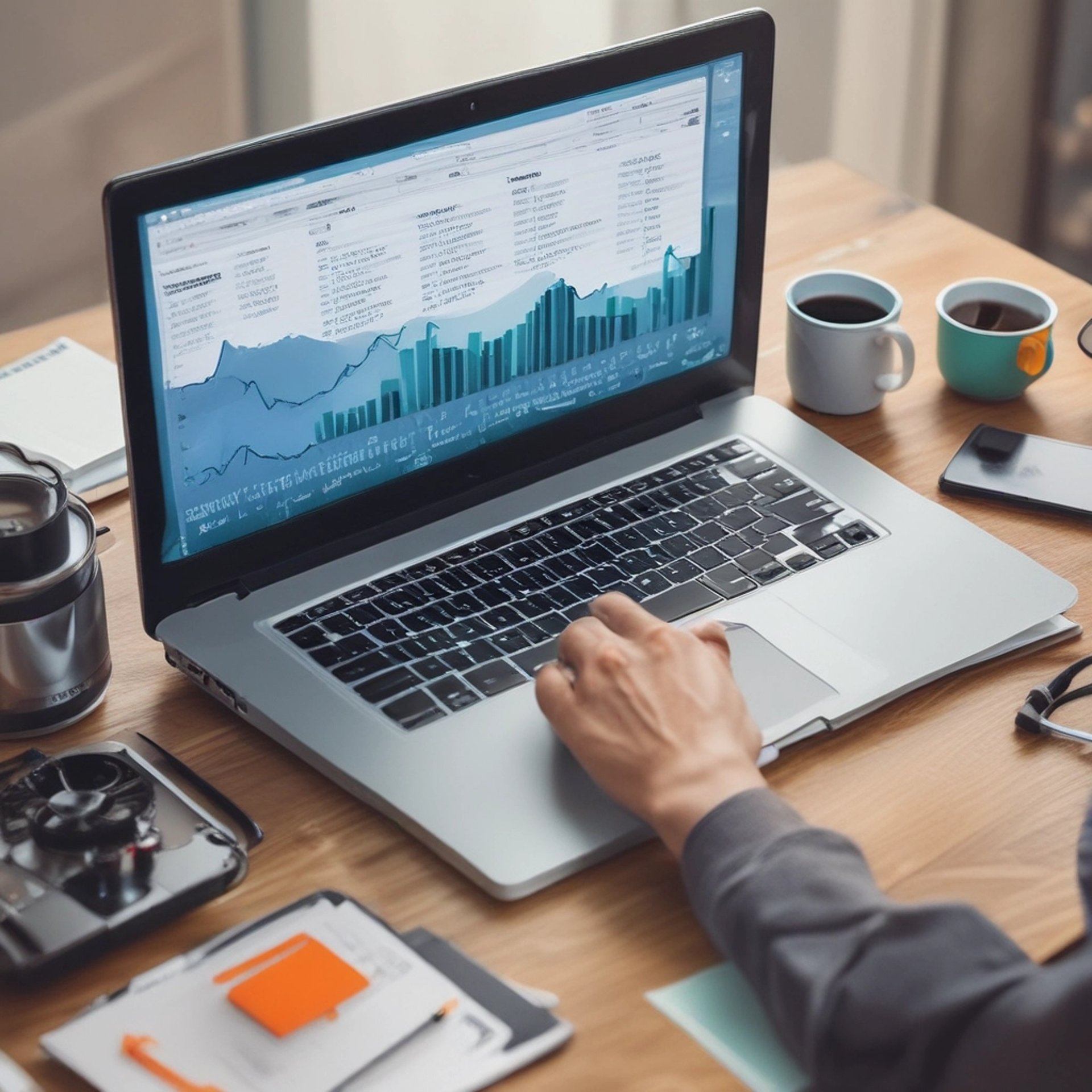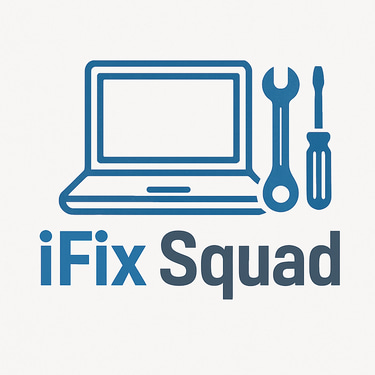
Essential Tips to Boost Your Laptop or PC Performance


Introduction
In today's fast-paced digital world, a slow laptop or PC can significantly hinder productivity. Whether you use your computer for work, gaming, or browsing, maintaining optimal performance is crucial. Fortunately, there are various simple yet effective tips to enhance your system's speed without the need for extensive upgrades or costly repairs. This blog post will explore practical techniques to bring your laptop or PC up to speed.
1. Manage Startup Programs
One of the primary reasons for sluggish performance in laptops and PCs is the number of programs that run at startup. These applications start automatically when you turn on your computer, consuming system resources. To manage startup programs, access the Task Manager by pressing Ctrl + Shift + Esc. From there, navigate to the 'Startup' tab, where you can disable any unnecessary programs that may be slowing down your boot time. By limiting startup applications, you can significantly improve overall efficiency.
2. Regularly Update Software and Drivers
Keeping your operating system and software applications updated is essential for peak performance. Software updates often include bug fixes, performance enhancements, and security improvements that can substantially boost your system's speed. Furthermore, ensure your hardware drivers, especially for the graphics card and motherboard, are up to date. In most cases, manufacturers release updates that optimize performance and compatibility, making regular checks imperative for a well-functioning laptop or PC.
3. Optimize Storage and Disk Space
A cluttered hard drive can lead to slow loading times and overall system lag. Regularly optimizing your storage is a vital step in enhancing your laptop or PC's performance. Begin by removing unnecessary files, such as old downloads and application installations that you no longer use. Utilizing built-in tools like Disk Cleanup on Windows can help locate and delete temporary files, system caches, and other items that occupy physical space. Additionally, consider using external storage devices to offload large files, allowing your primary drive to operate more efficiently.
4. Consider Upgrading Hardware
If your laptop or PC continues to underperform despite following these tips, it may be time to invest in hardware upgrades. Upgrading to a solid-state drive (SSD) can lead to significantly faster loading times compared to traditional hard drives. Furthermore, increasing your system's RAM can improve multitasking capabilities, making it easier to switch between applications without lag. Such enhancements not only increase speed but also extend the lifespan of your device.
Conclusion
Improving your laptop or PC's performance doesn't always require extensive knowledge or expensive solutions. By implementing these straightforward tips, you can effectively bring your system up to speed and ensure a smooth user experience. Regular maintenance and awareness of your system's performance are key to avoiding frustrating slowdowns. Start optimizing today and enjoy a more efficient computing experience.

